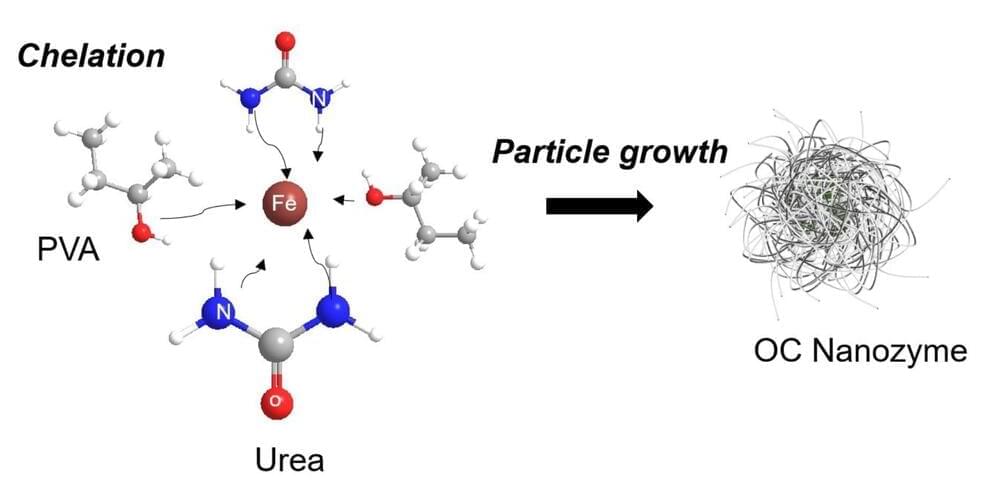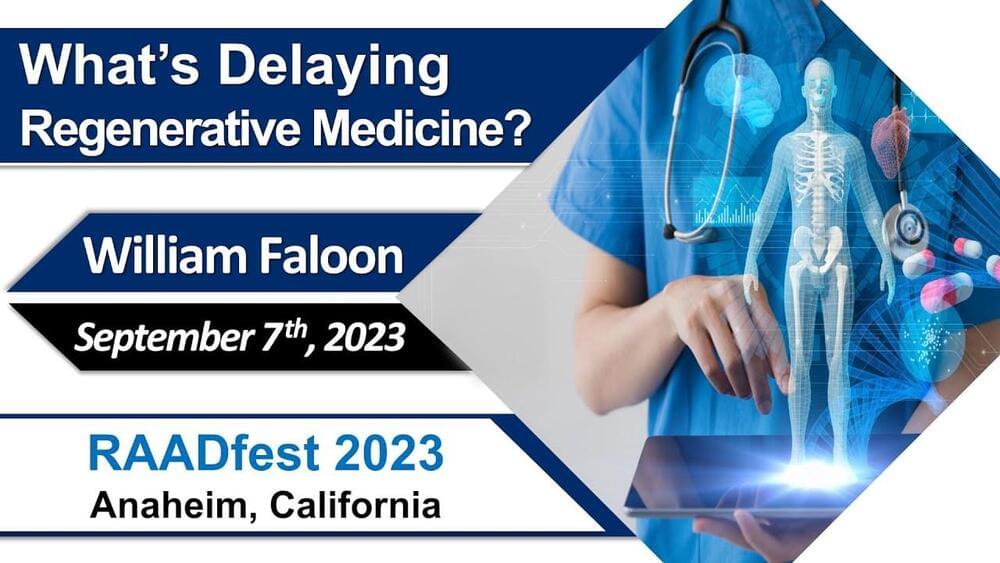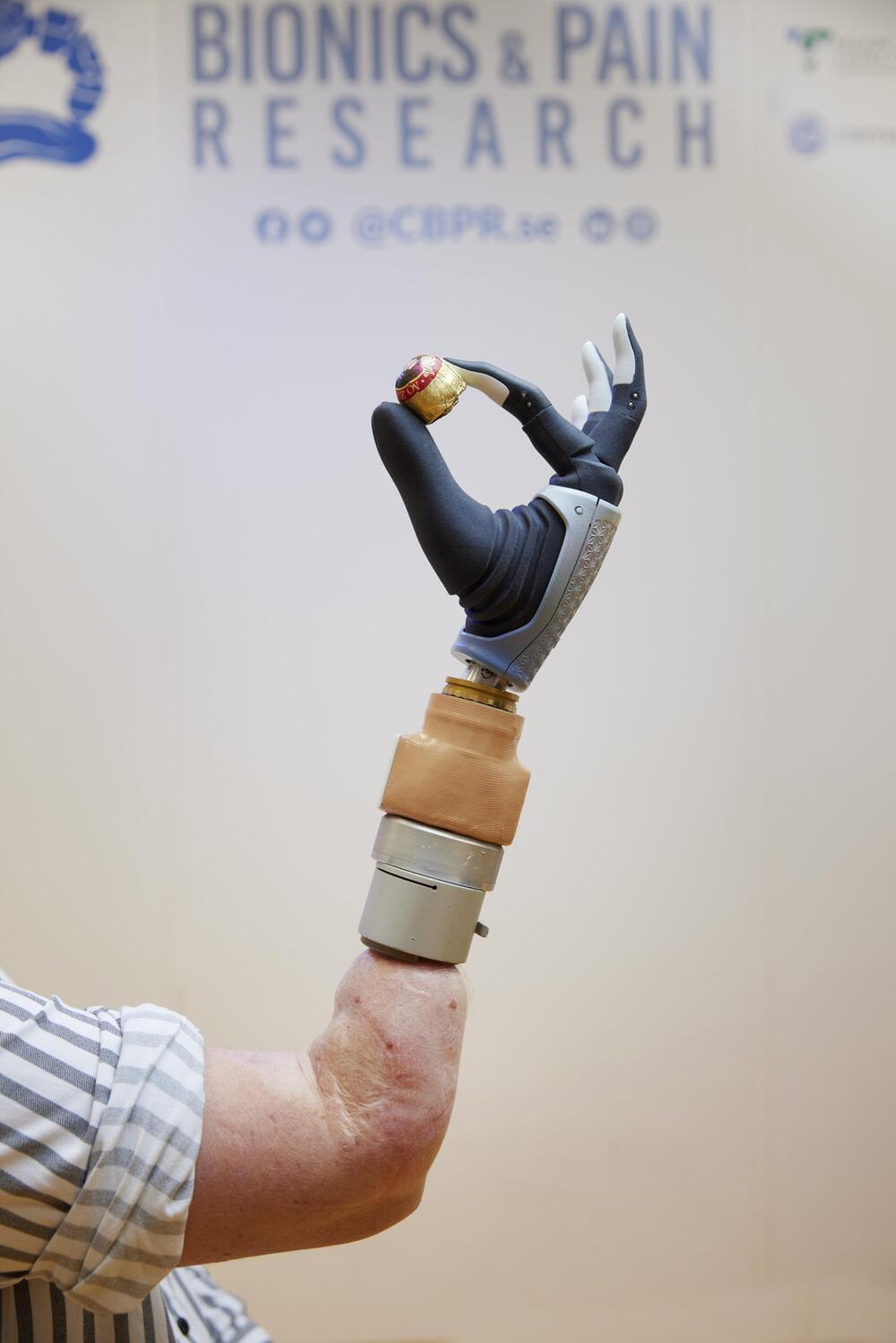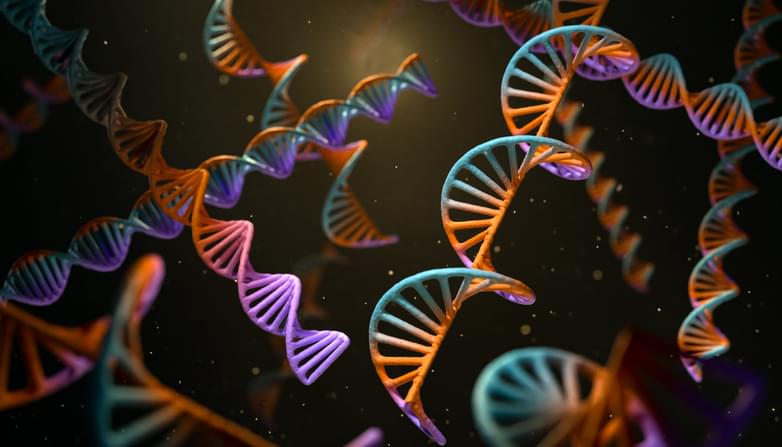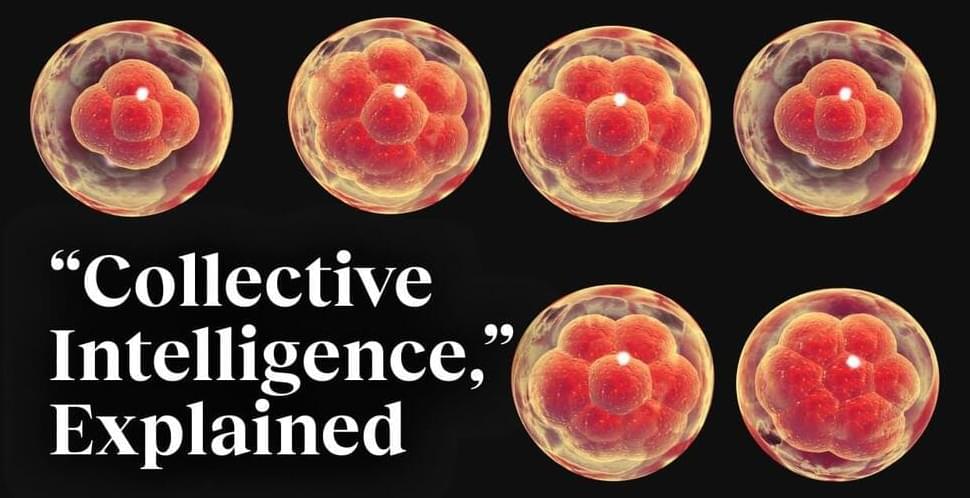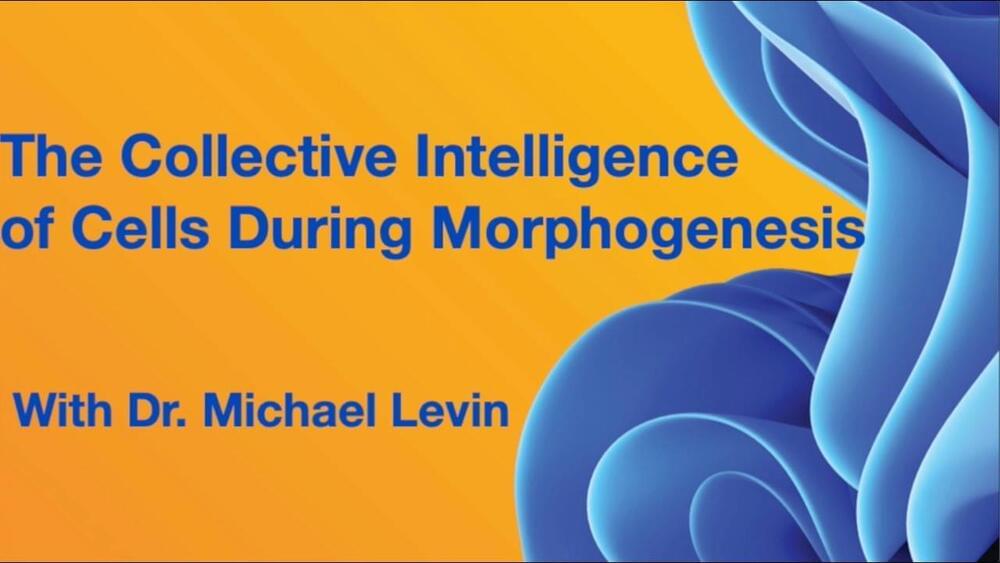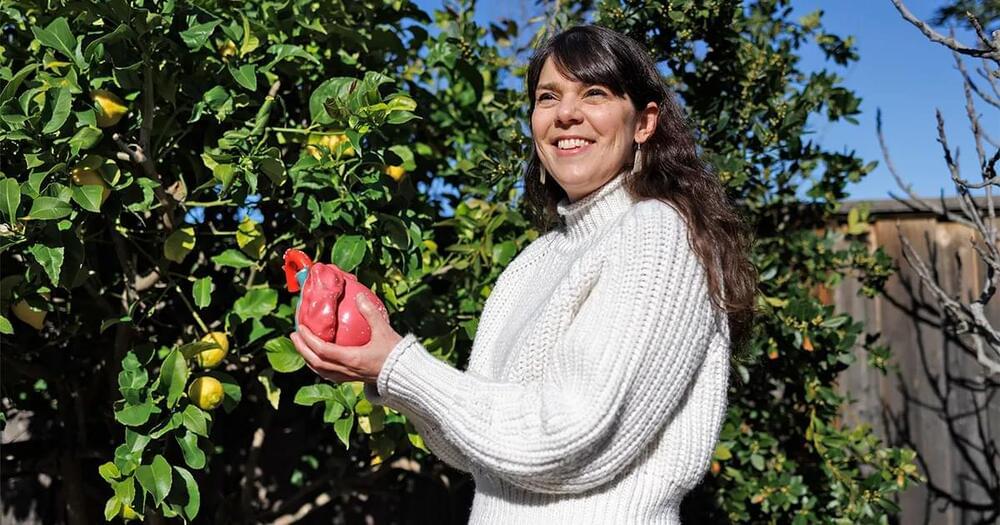Oct 16, 2023
Suzanne Somers’ family reveals her cause of death: What to know about her health
Posted by Genevieve Klien in categories: biotech/medical, business, health
Actor Suzanne Somers has died at the age of 76 after being diagnosed with breast cancer more than two decades ago, which ultimately was her cause of death.
Somers was best known for her roles in the hit sitcoms “Three’s Company” and “Step by Step,” and later in life for her health and fitness business ventures.
Somers died “peacefully at home” surrounded by her family on Oct. 15, one day before her 77th birthday, according to a statement to NBC News from Somers’ publicist on behalf of her family.

